Blog
Unlocking Excellence: Quality at the Core
-
Contract Manufacturing Organization (CMO) and Quality Management Systems: Ensuring Compliance and Excellence
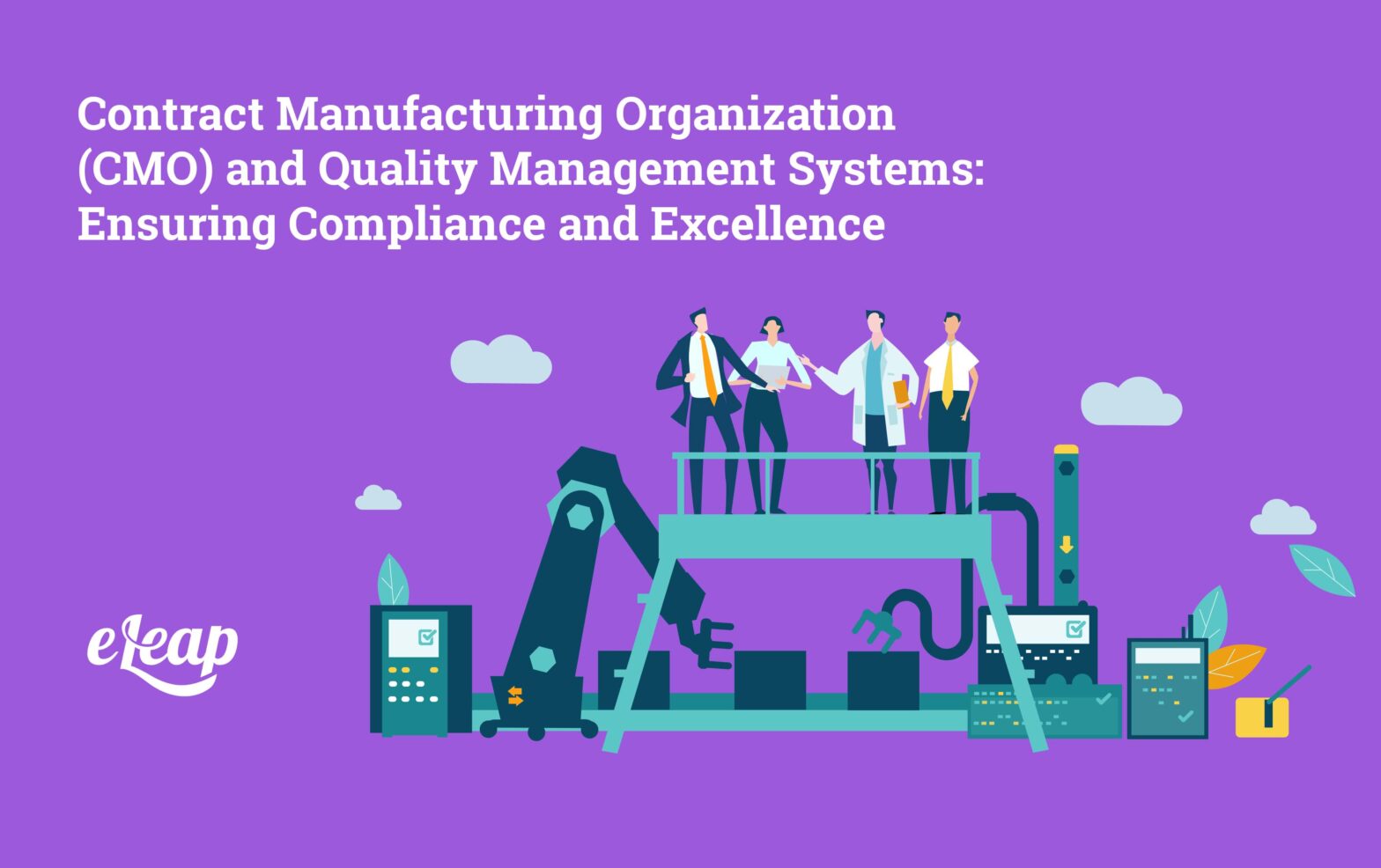
Contract Manufacturing Organizations (CMOs) have become integral partners for pharmaceutical, biotechnology, and medical device companies seeking specialized manufacturing expertise. These contract manufacturing organizations enable client companies to outsource production processes while focusing resources on research, development, marketing, and distribution. The strategic partnership with a Contract Manufacturing Organization (CMO) requires robust Quality Management Systems (QMS) to […]
-
Understanding the IEC 62304 Standard in QMS Context

The IEC 62304 standard serves as an international framework developed by the International Electrotechnical Commission, defining software lifecycle processes for medical device software. This comprehensive standard ensures the development and maintenance of medical software through rigorous, repeatable, and risk-driven processes that prioritize patient safety above all other considerations. The IEC 62304 standard applies to all […]
-
QMS for ATMPs: Quality Management Best Practices
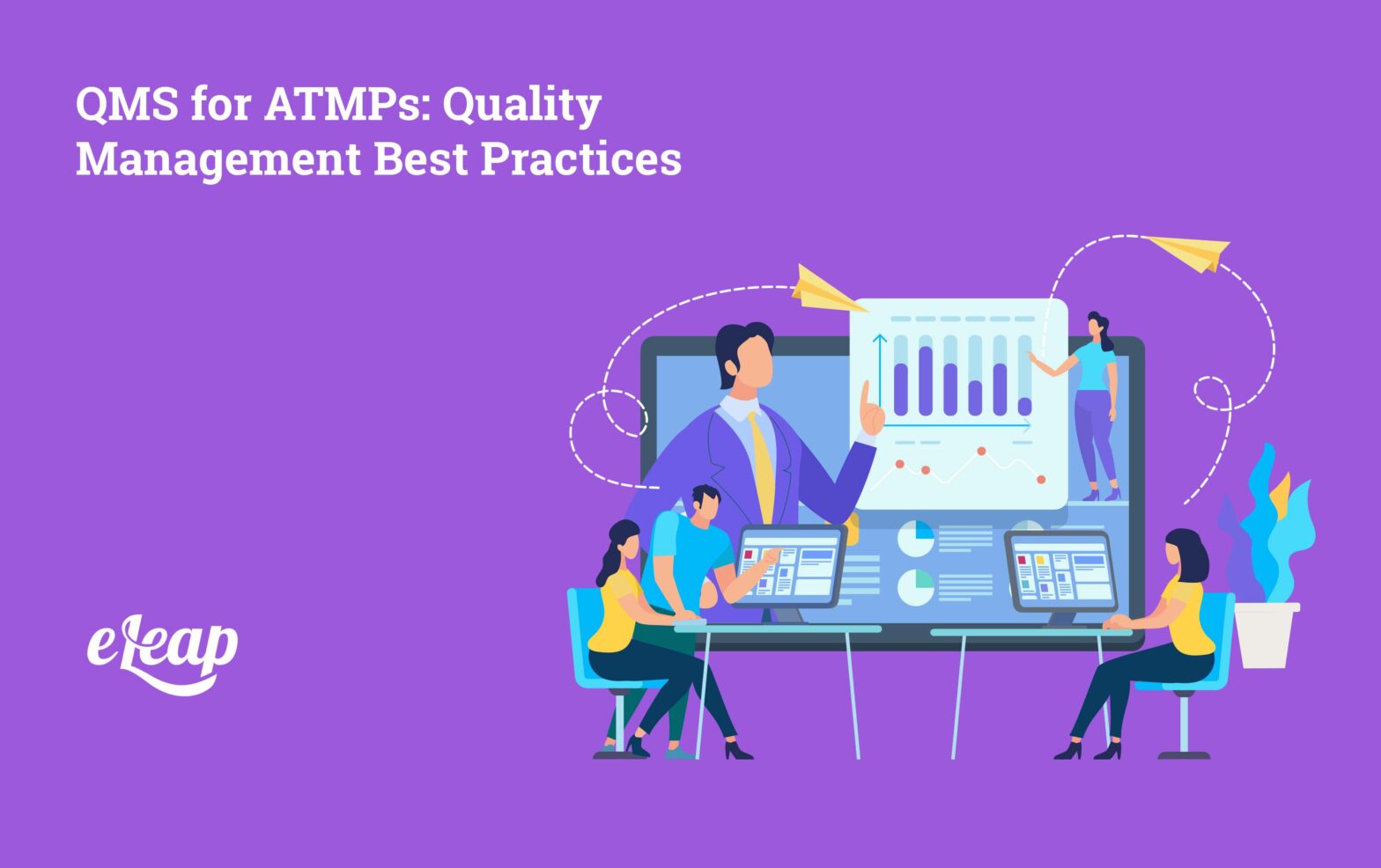
Advanced Therapy Medicinal Products (ATMPs) encompass gene therapies, somatic cell therapies, and tissue-engineered products that offer transformative potential for the treatment of genetic disorders and cancers, as well as regenerative medicine applications. These innovative treatments present unprecedented quality management challenges due to their biological complexity, patient-specific manufacturing requirements, and sensitivity to process variations. Unlike traditional […]
-
Verification vs Validation in QMS: Key Differences for Compliance
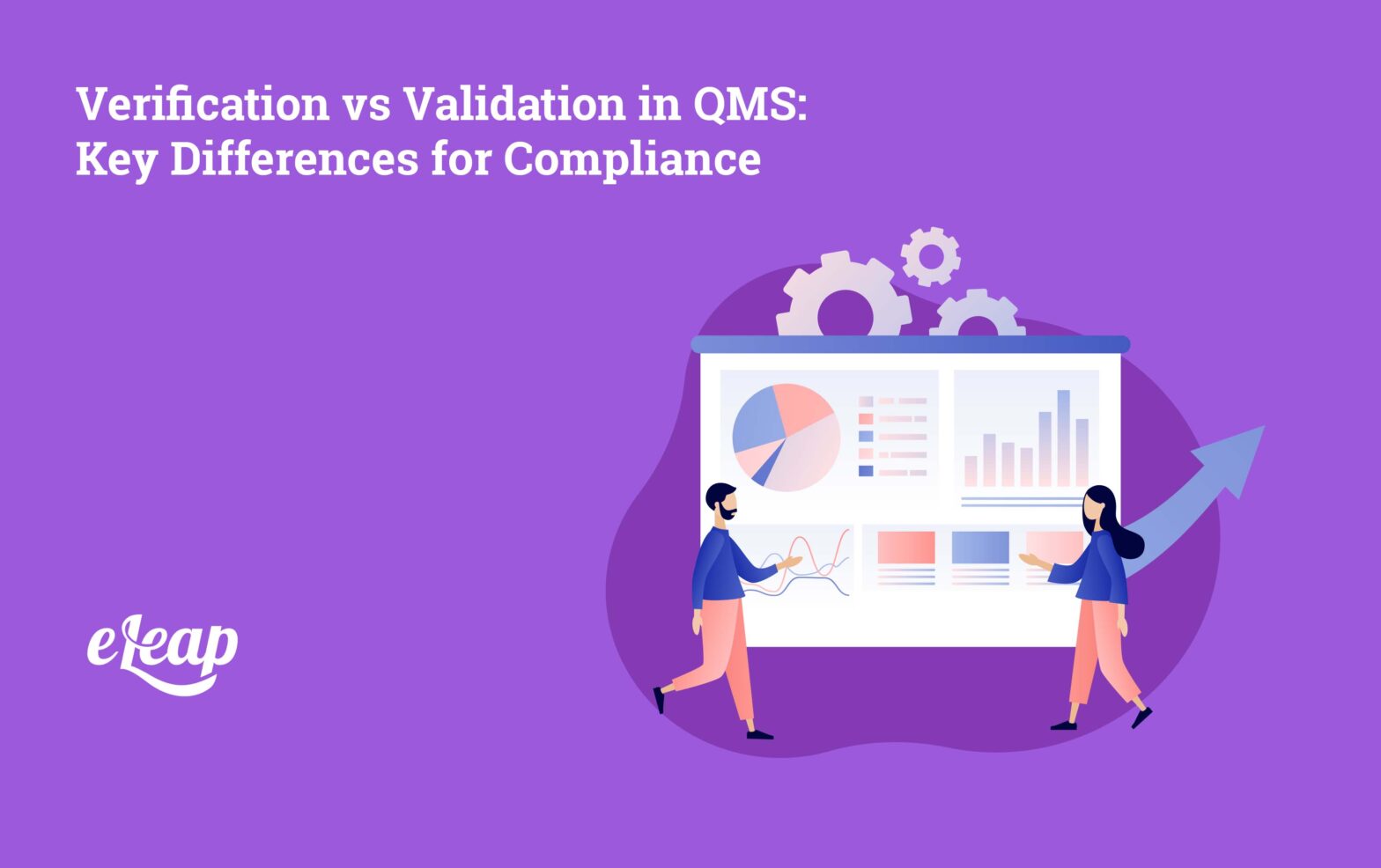
Quality Management Systems (QMS) in regulated industries, such as pharmaceuticals, biotechnology, and medical devices, rely on two critical yet frequently misunderstood processes: verification and validation. These concepts form the foundational pillars of robust QMS frameworks, ensuring that products are both built correctly and fit for their intended use. When organizations misinterpret or misuse these terms, […]
-
What Is a Quality Policy? Definition, Examples, and Best Practices for QMS Compliance
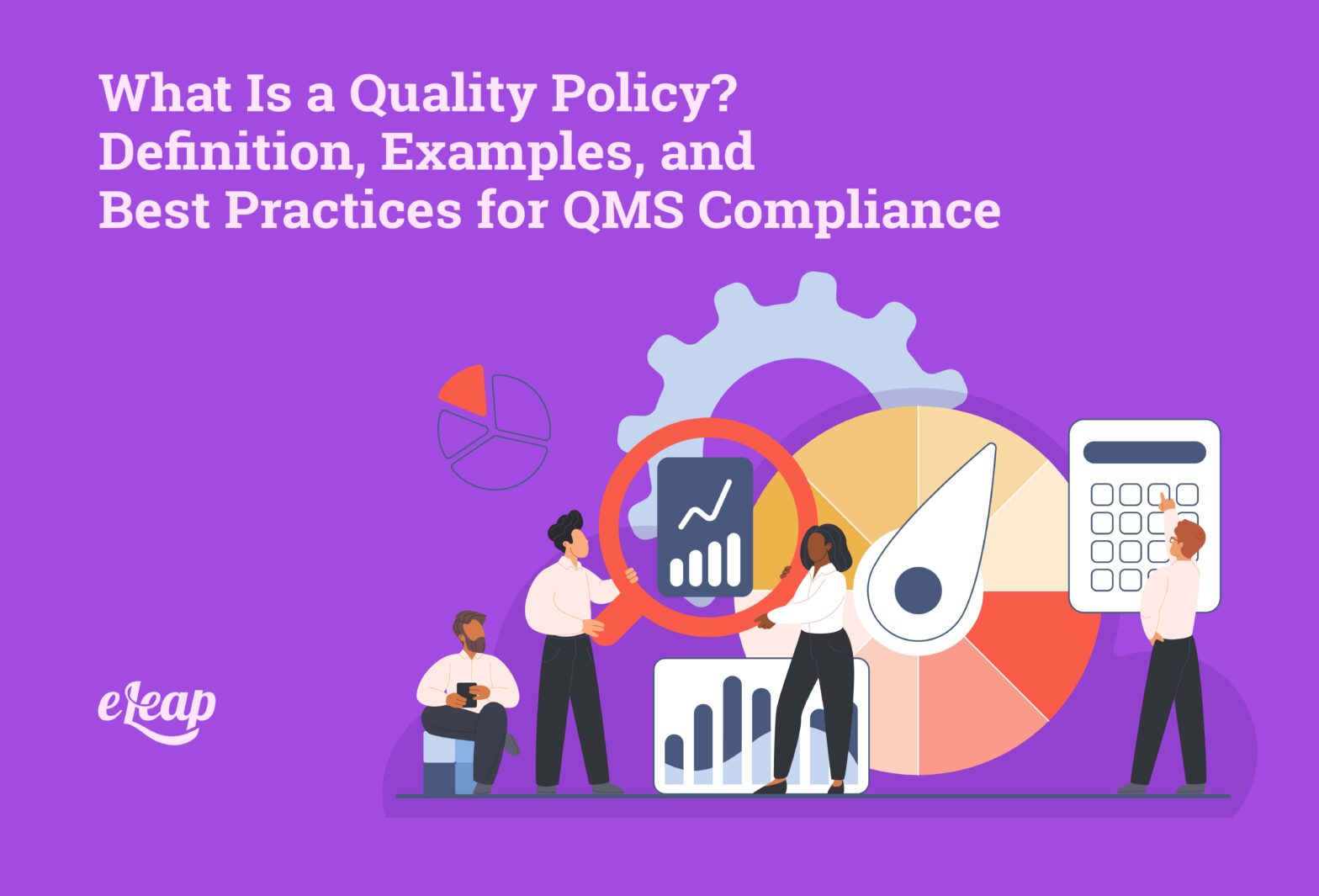
A quality policy serves as more than a required document in a Quality Management System (QMS)—it represents a strategic declaration that embodies an organization’s commitment to quality, customer satisfaction, compliance, and continual improvement. Organizations seeking ISO 9001:2015 certification or aiming to enhance their quality management practices must understand how to develop, implement, and maintain an […]
-
Regulatory Submission Process: How QMS Streamlines Compliance and Approval

The regulatory submission process determines whether medical devices, pharmaceuticals, and life science innovations successfully reach the market. Filing with the FDA, EMA, PMDA, or other global regulatory bodies requires precise documentation, complete compliance, and zero tolerance for errors. A single mistake can trigger delays, product recalls, or outright rejections, making robust Quality Management Systems (QMS) […]
-
Mastering Supplier Performance in QMS: Metrics, Tools, and Best Practices

Supplier performance management has emerged as a strategic focus for organizations maintaining robust Quality Management Systems (QMS). Global supply chains are growing increasingly complex, making the ability to evaluate and manage supplier performance a direct influence on product quality, regulatory compliance, and customer satisfaction. A poorly performing supplier can lead to defective components, delays, increased […]
-
21 CFR Part 211 Compliance: A Complete QMS Guide for Pharmaceutical Manufacturers

21 CFR Part 211, the Current Good Manufacturing Practice (cGMP) regulations for finished pharmaceuticals, represent the FDA’s. Most critical regulatory framework governing pharmaceutical manufacturing. This regulation establishes minimum requirements for methods, facilities, and controls used in manufacturing, processing. Packaging pharmaceutical products to ensure safety, quality, and efficacy. 21 CFR Part 211 compliance serves as the […]
-
21 CFR Part 820: Complete Guide to Medical Device QMS Compliance
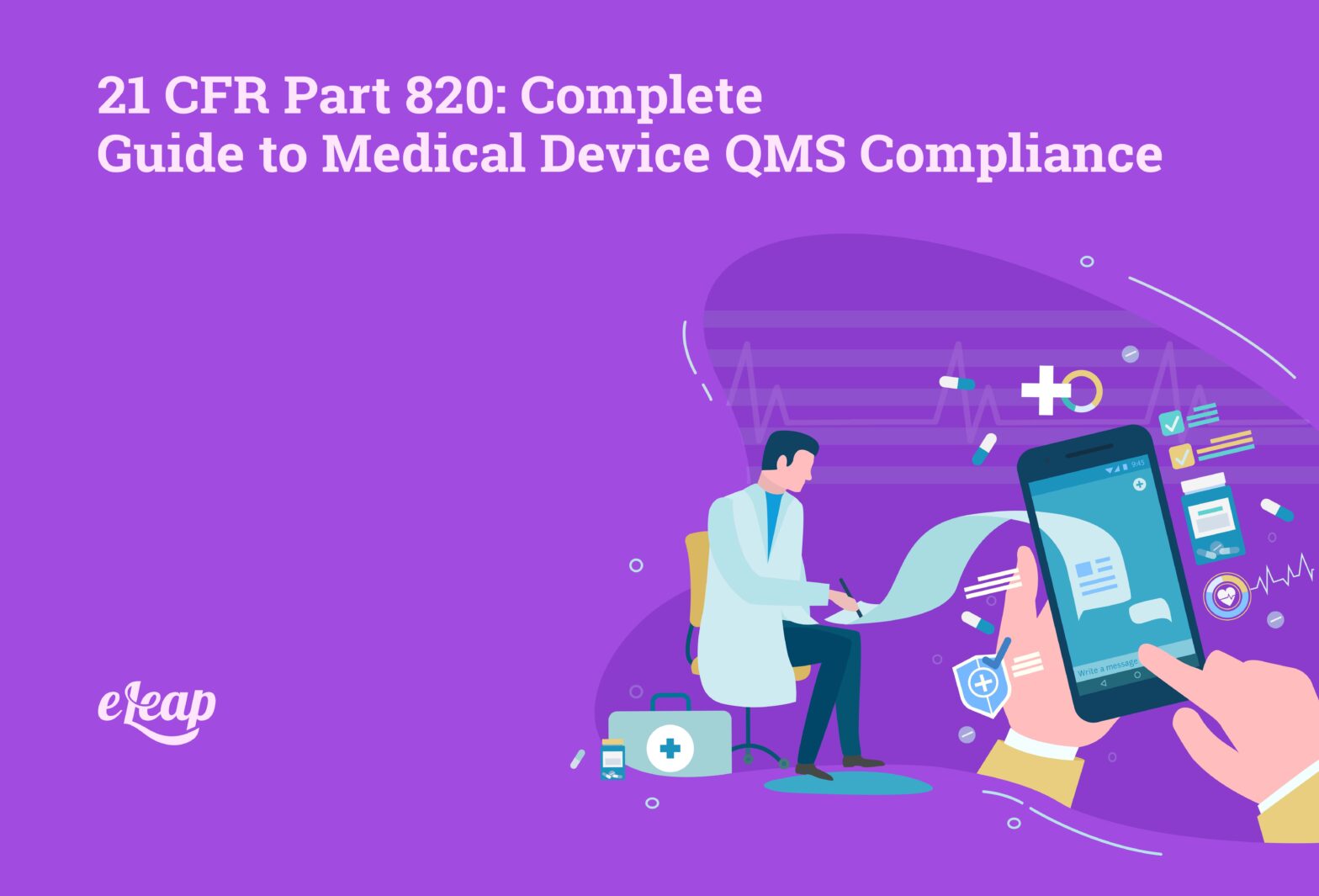
21 CFR Part 820 serves as the cornerstone of regulatory compliance for medical device manufacturers operating in or exporting to the United States. This regulation, also known as the Quality System Regulation (QSR), establishes current good manufacturing practices (CGMP) that manufacturers must implement to ensure their products consistently meet both FDA requirements and customer expectations. […]
-
ISO 9001 Standard: Complete Guide to Quality Management
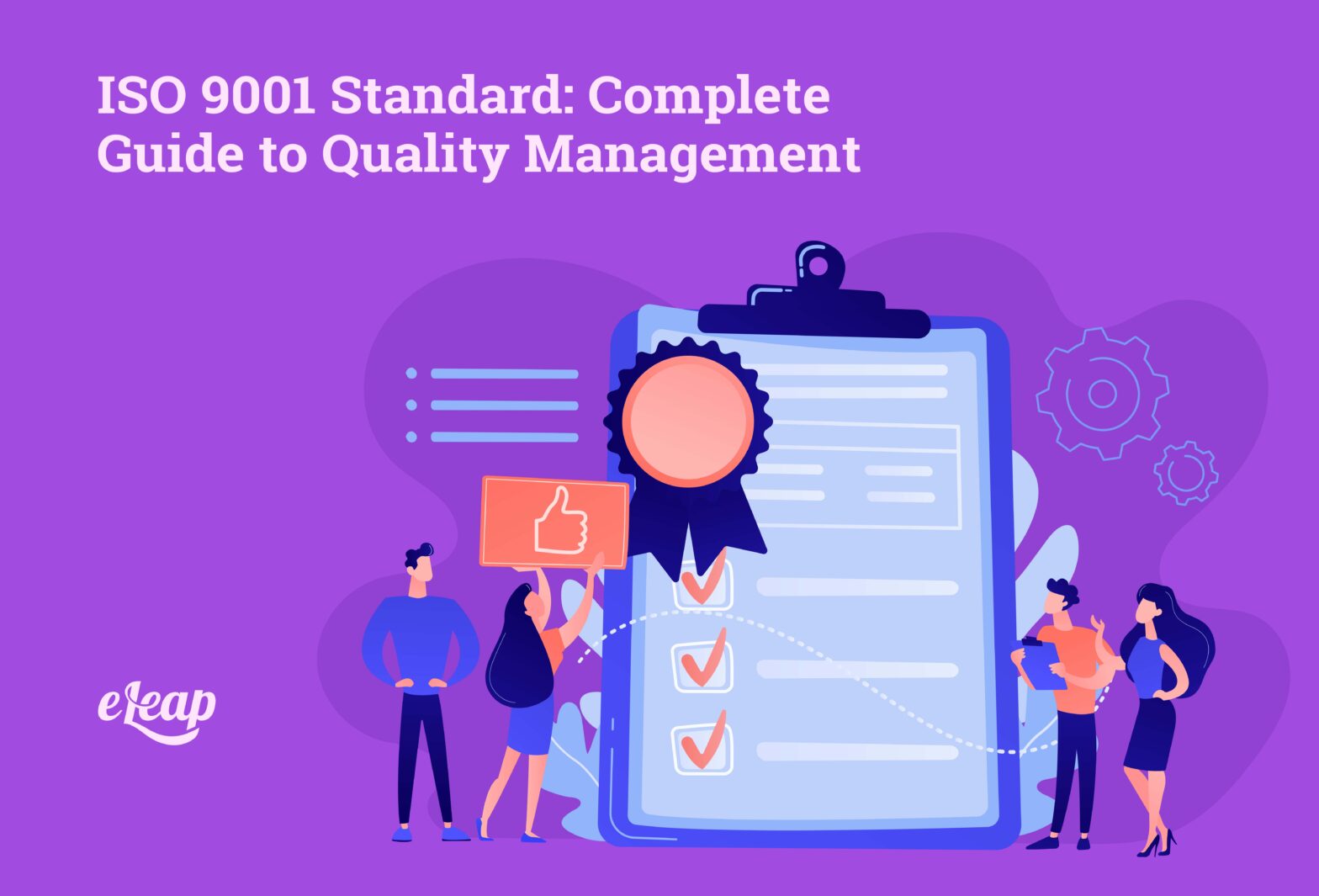
The ISO 9001 Standard serves as the global benchmark for Quality Management Systems (QMS), helping organizations streamline processes, boost efficiency, and consistently deliver quality. Published by the International Organization for Standardization (ISO), the ISO 9001 Standard is part of the larger ISO 9000 family and applies to any organization, regardless of size or industry. Organizations […]
Search articles by...
Find your way around our blog by searching using a keyword or a group of keywords or by choosing a tag.